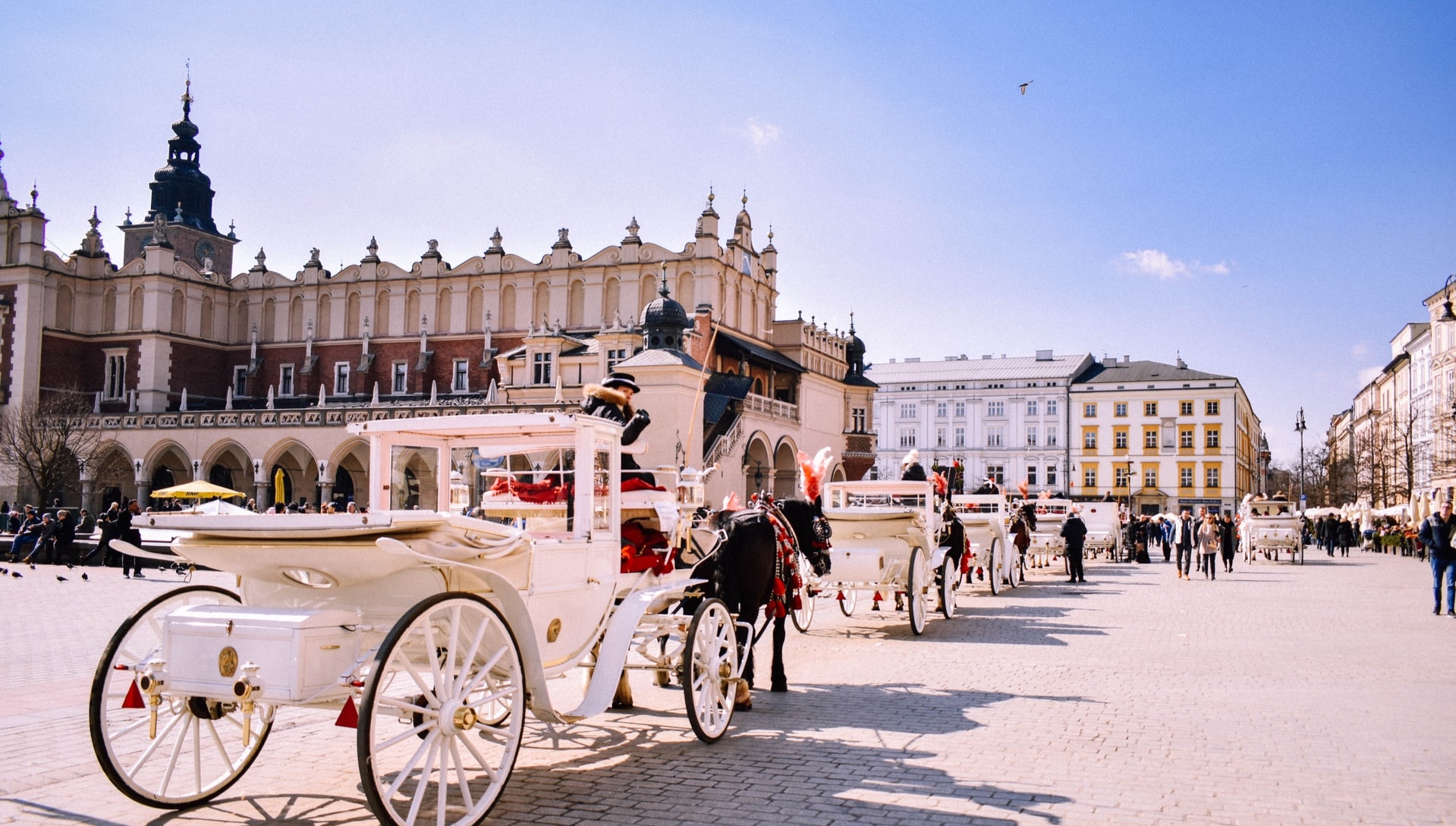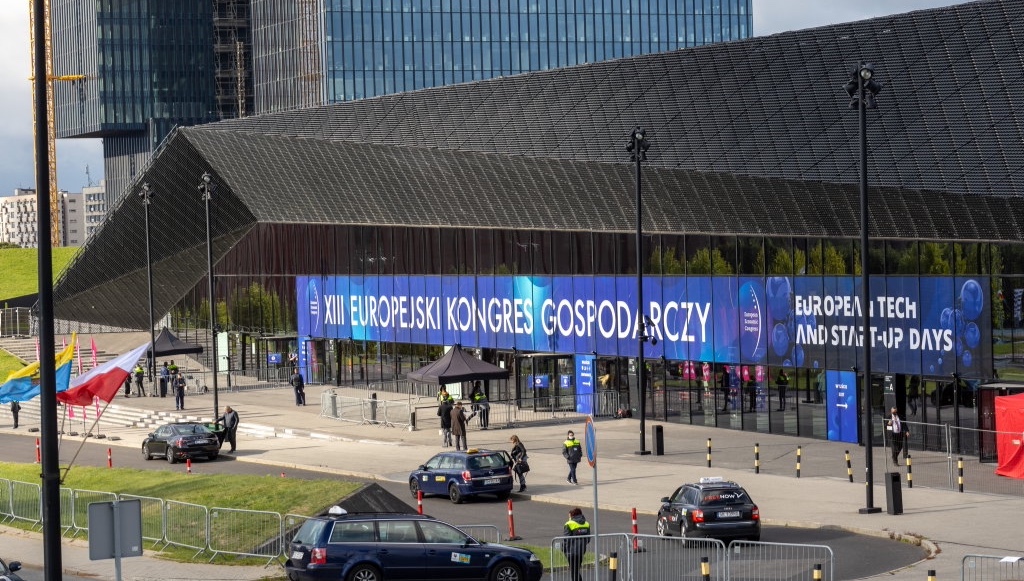According to the survey of companies in the food production and trade industry, the digitalization of B2B sales in this sector is much less advanced than overall in the surveyed companies.
Among all surveyed entities from different industries, the percentage of companies selling online was 41%. The figure for the food sector is 19%. Interestingly, the impact of the pandemic on e-commerce development was assessed by companies as relatively weak. The acceleration of e-commerce development was noticed by 42% of companies – in other industries, the percentage was as high as 66%. Still only every fifth of B2B grocers uses e-commerce.
The study showed a significantly lower penetration of e-commerce solutions in the food industry. This is by no means the result of a difference in overall digitization, as evidenced by data on B2B purchases made online. In this respect, the food industry does not differ significantly from others: 64% of food companies buy online and 69% of other companies.
“Among grocery companies, there is some reserve towards e-commerce. Not even a pandemic, after all, obviously prompting the launch or development of online sales, has changed that. In the grocery industry, more than half of the companies did not see the pandemic accelerating e-commerce growth. In other sectors such acceleration was observed by as many as 66% of companies,” says Renata Dutkiewicz, Head of the Food Sector at Santander Bank Polska.
The report “B2B E-commerce – the perspective of the food industry”, prepared for Santander Bank Polska by Mobile Institute, shed new light on the impact of the pandemic on companies in the food production and distribution chain.
Digitization of B2B sales in the grocery industry may accelerate. According to our research, 3/4 of food companies that do not yet operate in e-commerce intend to enter this channel within the next 3 years, and every second wants to do it within a year. On the other hand, those who already operate online most often needed up to 3 months (45%) to implement new solutions.
Encouragement to expand into e-commerce can come from the positive experiences of those who have chosen to do so before. Of the grocery companies operating in the online channel, 73% rate their entry into e-commerce as a success.









